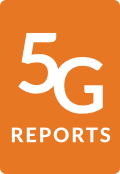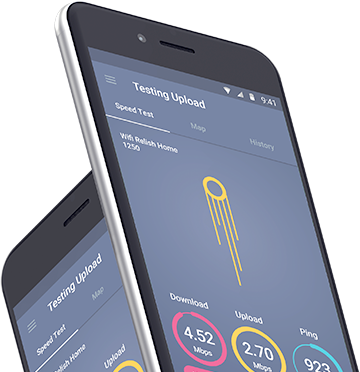
South Korea
5G User Experience Report
June 2020
Opensignal is the independent global standard for analyzing consumer mobile experience. Our industry reports are the definitive guide to understanding the true experience consumers receive on wireless networks.



